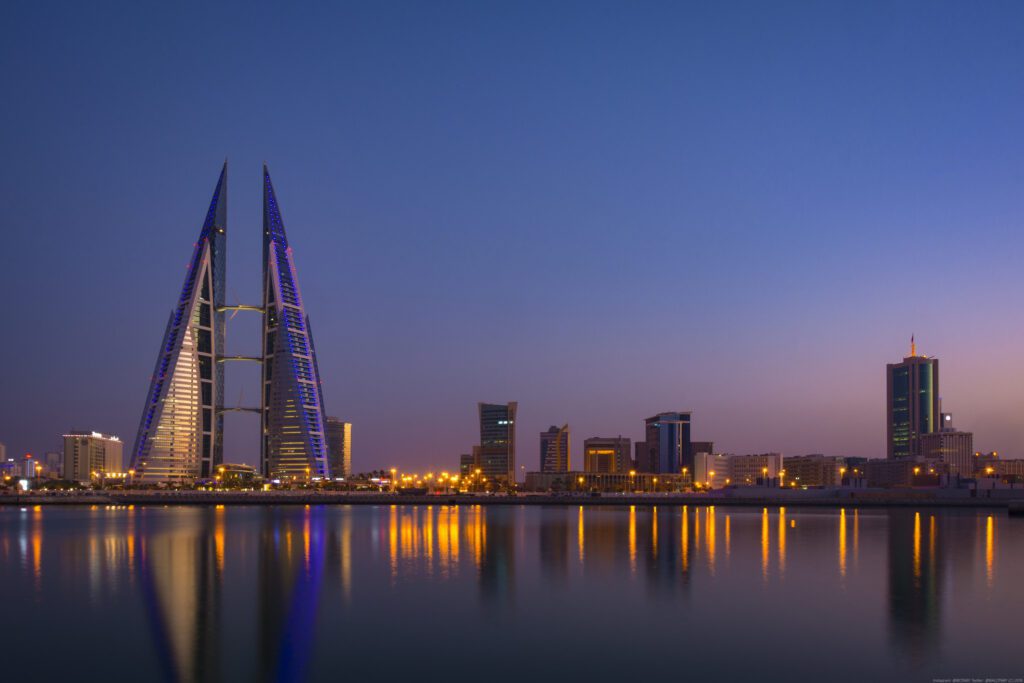The second quarter of 2022 saw Bahrain’s economy expand by 6.9%, the fastest rate of growth in the previous 11 years. This growth was fueled by the country’s non-oil sectors, which were prioritised in the country’s economic reform plan.
Data from the Ministry of Finance and National Economy shows non-oil growth was led by the Gulf country’s hotels and restaurants sector, which grew 18.1 per cent compared with the second quarter of 2021, state-owned Bahrain News Agency reported on Sunday.
The transport and communication industry jumped 15.1 per cent and the manufacturing sector grew 7.6 per cent, boosted by an increase in total production from the Bahrain Petroleum Company, Bahrain Natural Gas Company and Aluminium Bahrain, the agency said.
“The report showed positive economic growth driven by the strong performances of the non-oil sectors according to the positive results across the sectors targeted by the economic recovery plan,” the ministry said on its website.
Bahrain’s economy, the smallest in the six-member GCC bloc, has sought ways to cut spending and achieve a balanced budget by 2024.
It unveiled an economic reform plan last year that seeks to invest about $30bn in projects to drive post-pandemic growth, boost employment for citizens and attract $2.5bn in foreign direct investment by 2023.
The government also adopted cost rationalisation measures, including increasing value-added tax to 10 per cent to help the kingdom to balance its budget by 2024.
In August, Bahrain posted a surplus of $88 million in the first half of the year and recorded a 52 per cent annual increase in revenue, the Ministry of Finance and National Economy said.
Revenue in the January to June period was almost 1.7bn Bahraini dinars ($4.5bn), up from 1.1bn dinars in the same period last year.
With Bahrain’s economy posting a strong 5.5 per cent growth in the first quarter of the year, the mid-year financial report is a further indication of the kingdom’s post-Covid-19 financial recovery, the ministry said at the time.
Meanwhile, Bahrain’s trade sector grew by 7.5 per cent in the second quarter of this year, reflecting a rise in the value of point-of-sale and e-commerce transactions, the ministry said.
According to the report, “the government services sector rose by 7.1% in real terms, while real estate and commercial activities increased by 4.5% annually, supported by a rise in the number of real estate transactions recorded with the survey and land registration bureau.”


